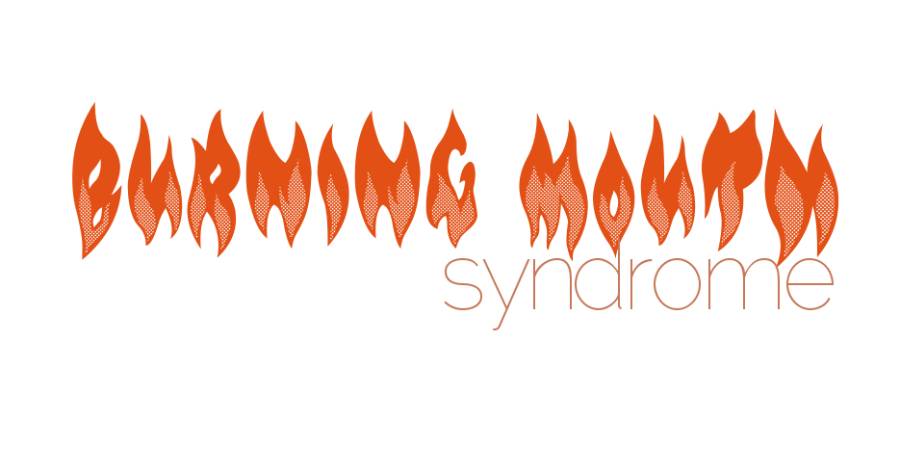
Have you every experienced a burning pain in your mouth for multiple days, months, or maybe even longer? If you have, you may be experiencing Burning Mouth Syndrome, here is what you need to know.
While any abnormalities in your mouth requires a trip to the doctor, burning in your mouth is a clear sign that you need some oral health help. Burning Mouth Syndrome (BMS) is a painful condition that is identified as continued pain in your mouth including burning, scalding, tingling, and numbness. It can also result in dry mouth or an altered taste in the mouth. This pain and discomfort usually persists for a prolonged period of time and primarily affects the tongue. Your lips and the roof of your mouth can also be subject to this pain in some cases.
The pain associated with BMS can last for months or years. For some patients the pain can be constant while others find relief from eating and drinking. BMS is difficult to diagnose and often requires a consult from a specialist to confirm. Many tests may be needed to confirm the condition, including blood tests, oral swab tests, allergy tests, salivary flow test, biopsy of tissue, and imaging tests.
Once all the test results come back your specialist will diagnose you with either Primary or Secondary BMS. If they find no other underlying condition that could be causing the pain and dryness in your mouth then they will diagnose you with Primary BMS. If they find that an underlying condition such as diabetes, a thyroid problem, allergies, infection, acid reflux, or a nutritional deficiency is causing the BMS then you will be classified as experiencing Secondary BMS.
Treatment for BMS often differs from person to person and since BMS is very complex, a lot of factors go into treatment. Medicine can help to control the pain and dry mouth that BMS sufferer’s experience.
Here are some tips on how to help ease the pain of BMS; sip on a cold beverage, suck on ice chips, or chew gum. All of these things may help alleviate your pain until you can find a treatment plan that works for you.
http://www.nidcr.nih.gov/OralHealth/Topics/Burning/